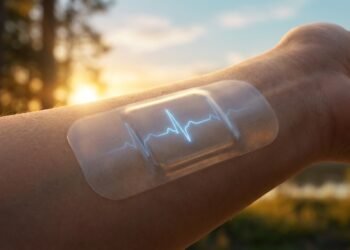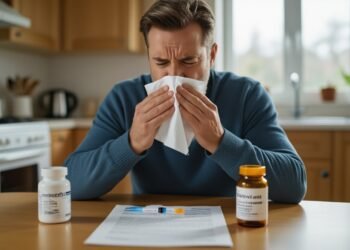In this episode of Lifestyle Matters Dr Ferghal and I discuss the benefits of exercise both in primary and secondary prevention of cardiometabolic diseases, heart disease and maintaining a robust immune system.
Some statistics from Diabetes Australia and Australian Institute of Health and Welfare show that:
• In Australia, 1 person develops diabetes every 5 minutes
• An average of 2 people die from heart disease every hour
• 23 Australians die from a stroke every day.
High blood pressure is a well-known risk factor for both, heart disease and stroke. There are studies to show that a modest weight loss of 2kg in a 6-month period can reduce diastolic blood pressure by 2.7mm mercury and systolic by 3.7mm mercury.
This occurs via a variety of mechanisms including the production of free radicals and growth factors that can promote cell signalling and remodelling of our blood vessels. This in turn will reduce the resistance of our blood vessels, thus reducing the risk of high blood pressure.
When we exercise, our heart consumes more oxygen. If exercise is done regularly, one of the changes that occur is the reduction of resistance to blood flow. This is because our blood vessels have adapted to the repeated shearing forces. This in turn improves our cardiorespiratory fitness. For example, the breathlessness a standard sedentary person experiences when walking up 2 flights of stairs at a fast pace would reduce over time if she/he were to engage in regular exercise.
Cardiac rehabilitation (i.e. a tailored exercise program under supervision) after a heart attack can also reduce the rate of recurrence and further hospitalisations. Commencing with aerobic training for a few weeks followed by strength training under guidance is the best way forward in this regard to minimise any risks and enhance one’s cardiorespiratory fitness.
The Diabetes Prevention Program was a study designed to explore if we can reduce the incidence of developing diabetes by way of lifestyle intervention in those diagnosed with Impaired Glucose Tolerance / Pre-Diabetes. All that was required was a 7 % weight loss and 150 min per week of exercise such as brisk walking. The results were astounding – the lifestyle group had a 27% greater reduction in diabetes compared to the cohort that took Metformin (a medication used to treat diabetes)
Some of the ways exercise helps this is by reducing insulin resistance and triglycerides, weight loss and changing our body composition i.e. increasing muscle mass thereby increasing our basal metabolic rate.
Many are worried to exercise after a stroke for a variety of reasons. But really, exercise has been shown to be just as effective as blood thinners in reducing mortality after having a stroke. Starting slow and building up will be the best way forward, with the support of a rehabilitation physiotherapist or exercise physiologist. Cardio workouts are important to improve our heart and lung function and reserve, stretch and flexibility helps reduce spasticity and improve mobility. Tai Chi; for example can improve coordination, balance and cognition and lastly, resistance training can potentially improve muscle strength. Any or all of these exercises can help improve our mood and social connectivity as we would potentially engage with other people and even join a gym.
When it comes to exercise and our immune system, striking the right balance is important. Exercise has an interesting effect on our immune system. Regular moderate intensity help boost our immune function to ward off a plethora of infections by increasing the function of our T cell lymphocytes and natural killer cells amongst others. On the other hand, prolonged intensive exercises (for example; military training) have been thought to depress our immune system. However, there are many other factors such as stress or lack of sleep that could contribute hence this is slightly controversial at this stage. Following the recommended guidelines and not greatly exceeding it; i.e. no more than 420mins / week should keep us safe.


























